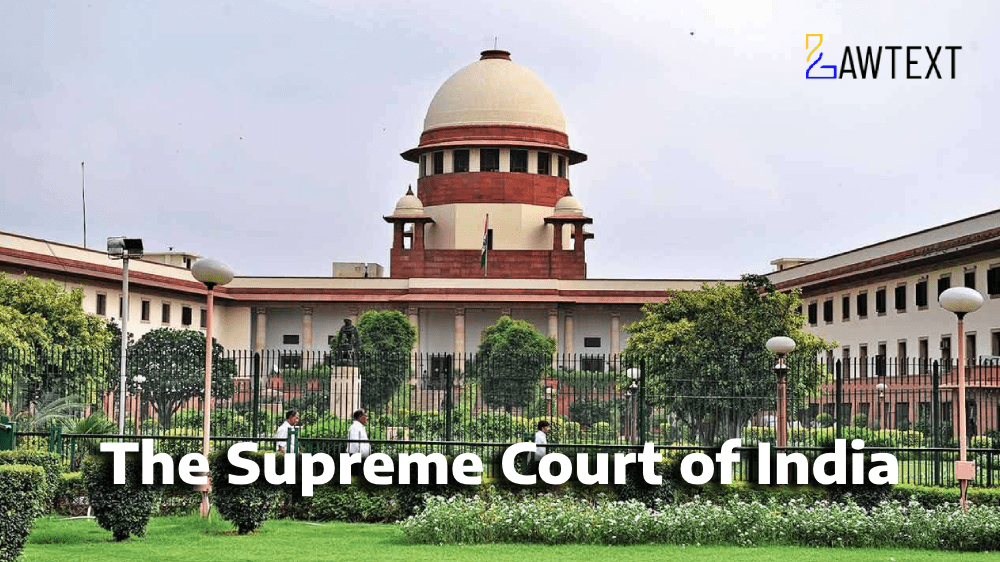Supreme Court Emphasizes Proportional Sentencing in Bigamy Case. Lenient punishment for bigamy under Section 494 IPC revised to ensure justice and uphold societal interests.

CASE NOTE & SUMMARY
The principles of sentencing in criminal law, specifically focusing on the offense of bigamy under Section 494 of the Indian Penal Code (IPC). The case under review involves the appellant seeking an enhancement of the sentence imposed on the respondents for the offense of bigamy. The court examines various precedents and principles related to proportionality in sentencing and determines that the sentence originally imposed was too lenient. The court modifies the sentence to ensure it is proportionate to the gravity of the offense, taking into account the specific circumstances of the case, including the age of the child born from the bigamous marriage.
Introduction
- Leave granted.
- Definition of 'crime' and the role of punishment in maintaining societal order, referencing Salmond and Kautilya.
- Discussion on the duty of courts to award proper sentences, citing the State of Punjab v. Bawa Singh and other relevant cases.
Relevant Case Law
- Examination of previous court decisions regarding sentencing principles, including Hazara Singh v. Raj Kumar, Shailesh Jasvantbhai v. State of Gujarat, and others.
- Emphasis on the need for proportionality in sentencing and the consideration of societal interests.
The Case at Hand
- Details of the appellant's complaint against the respondents for committing bigamy under Section 494 IPC.
- Summary of the trial court's judgment, the appeals filed by both parties, and the High Court's decision.
- Points of contention and the appellant's argument for enhanced sentencing.
Hearing and Submissions
- Arguments presented by the learned senior counsel for the appellant and the learned counsel for the respondent.
- Acceptance of the High Court's reversal of the First Appellate Court's judgment by the accused and their willingness to undergo the imposed sentence.
Legal Analysis
- Examination of whether the High Court showed undeserving leniency in its sentencing.
- Reference to Dalbir Singh & Ors. v. State of Punjab and the principle that sentencing decisions should be based on the rule of proportionality.
Discussion on Bigamy as a Serious Offense
- Analysis of the seriousness of the offense under Section 494 IPC and the need for appropriate sentencing.
- Legislative view on bigamy and the maximum sentence prescribed under Sections 494 and 495 IPC.
- Conclusion that the offense under Section 494 IPC is serious and requires proportional punishment.
Sentencing Considerations
- Examination of case law regarding the imposition of 'imprisonment till the rising of the court' and its permissibility.
- Interpretation of Section 418(1) CrPC and its proviso regarding the imposition of short-term imprisonment.
Conclusion and Judgment
- Assessment of whether the sentence imposed was a 'flea-bite' sentence.
- Consideration of circumstances such as the birth of a child during the subsistence of the first marriage.
- Modification of the sentence: imprisonment reduced to six months each, simple imprisonment, and reduction of fine to Rs. 2,000 each. Arrangement for serving the sentence in turns due to the presence of a young child.
Final Order
- Directions for the respondents to surrender and serve their sentences, with provisions for refund of the fine balance if applicable. Appeals allowed and pending applications disposed of.
ISSUE OF CONSIDERATION
Baba Natarajan Prasad Versus M. Revathi
Citation: 2024 LawText (SC) (7) 151
Case Number: Criminal Appeal No. of 2024 (@ Special Leave Petition (Crl.) No. 11461 of 2022) Criminal Appeal No. of 2024 (@ Special Leave Petition (Crl.) No. 11824 of 2022)
Date of Decision: 2024-07-15
Case Title: Baba Natarajan Prasad Versus M. Revathi
Before Judge: (C.T. Ravikumar J. , Sanjay Kumar J. )
Appellant: Baba Natarajan Prasad
Respondent: M. Revathi

